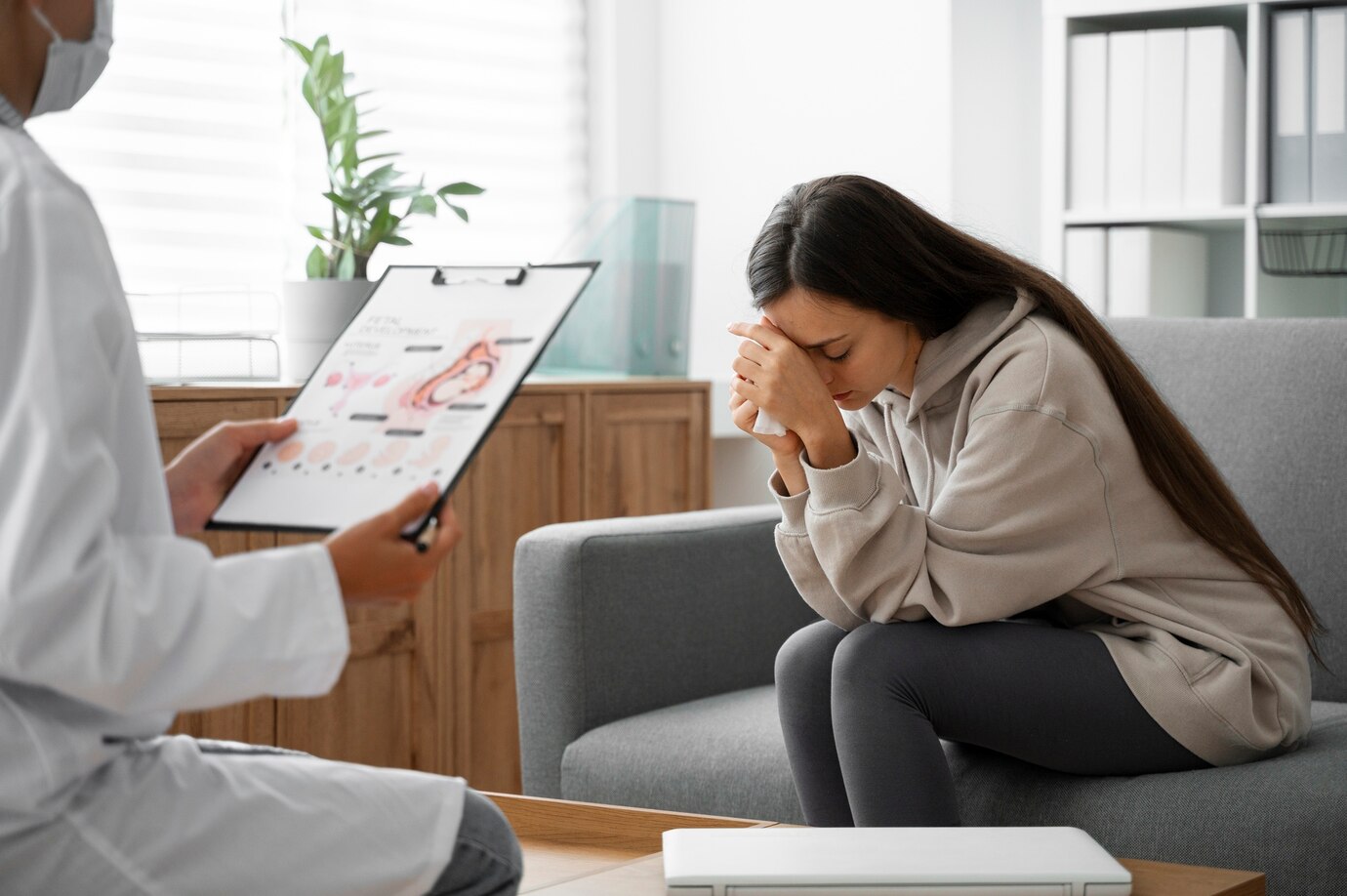Everyone feels sad or worried from time to time. But if you have pervasive or chronic feelings of sadness, hopelessness, or dread, you may be one of the millions of Americans who suffer from clinical depression or anxiety disorders — or even both.
More than a third of Americans have depression or anxiety disorders. During the pandemic, that number rose significantly, and nearly 12% aren’t getting the medical care they need to feel better and prevent other serious side effects that can occur with depression and anxiety.
At Assured Care Group in Middle River, Maryland, Laura Joseph, CRNP, uses a compassionate, patient-centered approach to depression and anxiety treatment, helping our patients find solutions to manage their symptoms and reclaim their lives.
Here’s how to tell when it’s time to seek medical help for your anxiety or depression symptoms.
Recognizing the symptoms
The first step in deciding when to seek care is knowing what symptoms depression and anxiety can cause, so you can determine how they’re affecting your life.
Anxiety
Anxiety affects people in different ways, and there are different types of anxiety disorders. Some people suffer from general anxiety disorder (GAD), while others have anxiety that’s triggered by something specific, like social anxiety disorder, separation anxiety, or phobias.
Symptoms to look for include:
- Constant or very frequent feelings of worry or dread
- Anxiety that’s much greater than any actual threat
- Rapid heart rate
- Sweating
- Lightheadedness
- Fatigue
- Sense of impending doom
- Problems focusing
- Fears or worries that intrude on your thoughts
- Difficulty sleeping
Anxiety can have a recognizable trigger, or you may feel anxious on a regular basis or even most of the time.
Depression
Most people think of depression as feeling sad, but if you have clinical depression, your symptoms are a lot more diverse and intense. Common symptoms of depression include:
- Feelings of hopelessness
- Low self-esteem or feelings of worthlessness or guilt
- Fatigue
- Sleeping too much or too little
- Changes in appetite
- Withdrawal from friends and family
- Decreased interest in formerly enjoyable activities
- Problems focusing
- Irritability or moodiness
- Uncontrollable or unexpected crying
Anxiety and depression often occur together, and their symptoms can often overlap, which often makes treatment more problematic.
When to seek help
Those are the symptoms. Now, when should you seek medical help?
The answer to this is simpler than you might think: You should seek medical treatment if your symptoms are interfering with your life in any way — making it harder to sleep, concentrate, or simply face the day’s challenges.
If you have feelings of persistent worry, sadness, or hopelessness, or any other chronic or recurrent feelings or emotions that take a toll on your quality of life, it’s time to seek help. If you’re having thoughts of suicide or self-harm, call 911 right away.
Many people who suffer from anxiety or depression also suffer from feelings of guilt, which often results in a delay of their treatment.
Part of that guilt comes from a perception — often from family or friends — that depression and anxiety can be managed on your own with a more positive attitude or by being grateful for what you have.
But anxiety and depression are medical problems with real, psychological causes.
No one would tell a person with diabetes or another chronic illness to attempt to treat their disease with positive thinking. With depression and anxiety, you also need medical treatment, and typically, that treatment is ongoing to help you manage your symptoms for the long term.
There is a solution
Depression and anxiety typically can’t be fixed over night. In fact, finding a treatment that works for you can take some time. Depression and anxiety are complex medical problems, and they can affect different people in different ways.
For most patients, it takes some time to find a treatment regimen that’s effective. Our team works closely with you to pinpoint the combination of medication, therapy, and lifestyle changes that can help you lead a healthier, happier life.
To learn more about the treatment options we offer at Assured Care Group, call 667 304 2974 or book an appointment online today.









